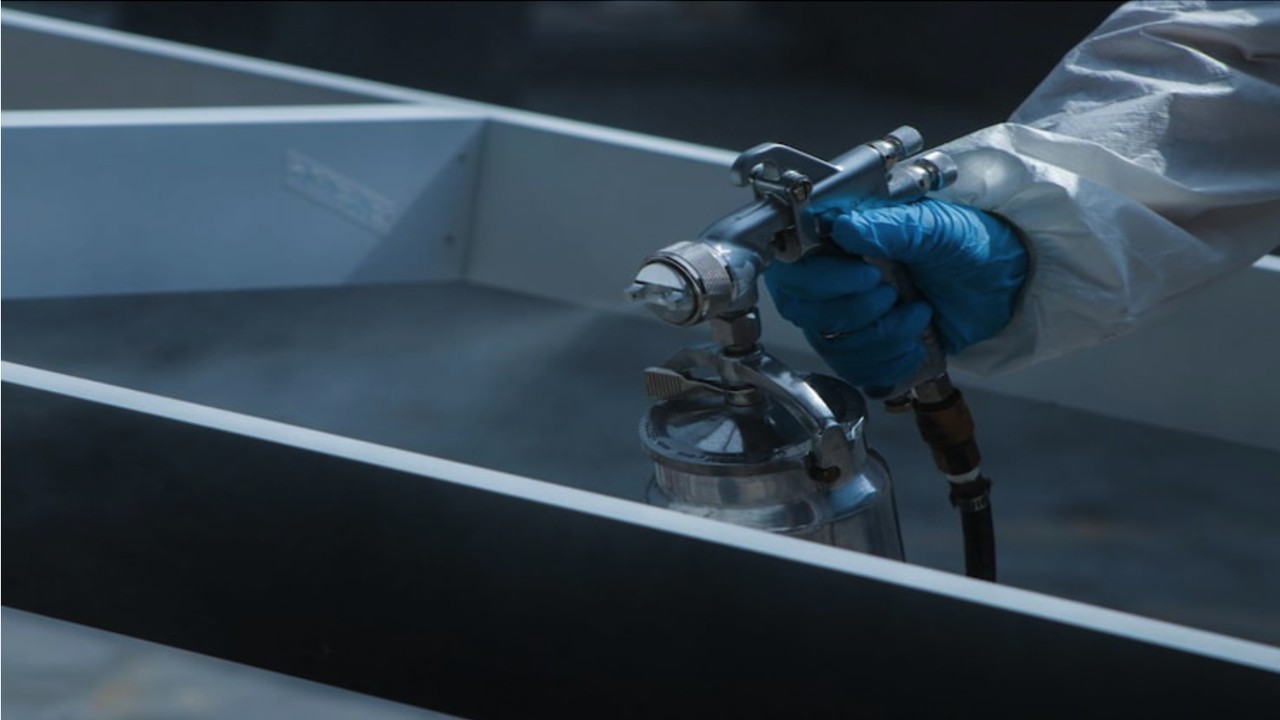 In a groundbreaking move for sustainable textile production, Arvind, H&M, and Deven Supercriticals have unveiled India's first supercritical CO₂ dyeing technology. This innovative partnership is set to revolutionize commercial-scale dyeing processes, offering significant water and energy savings while reducing chemical usage. With the introduction of Deven's Suprauno technology, the industry is taking a vital step towards a more environmentally conscious future.
In a groundbreaking move for sustainable textile production, Arvind, H&M, and Deven Supercriticals have unveiled India's first supercritical CO₂ dyeing technology. This innovative partnership is set to revolutionize commercial-scale dyeing processes, offering significant water and energy savings while reducing chemical usage. With the introduction of Deven's Suprauno technology, the industry is taking a vital step towards a more environmentally conscious future.
Sustainable Innovation in Textile Dyeing
The collaboration between Arvind Ltd, H&M Group, and Deven Supercriticals marks a significant milestone in sustainable textile production with the introduction of the Suprauno technology. This innovative dyeing process utilizing supercritical CO₂ not only reduces water consumption but also slashes energy usage and minimizes chemical inputs, aligning with the industry's push towards greener practices. The adoption of this technology by major players like H&M underscores a strategic shift towards more environmentally friendly operations. As Omang Narang from H&M Group rightly points out, electrification and the adoption of water- and energy-efficient technologies are crucial steps in achieving a fossil-free textile industry, highlighting the strategic importance of such innovations in driving sustainability agendas forward.
The implications of this sustainable innovation extend beyond operational efficiencies to broader industry trends and partnerships. Arvind's collaboration with Fashion for Good to establish the Future Forward Factories India initiative showcases a commitment to sharing best practices and promoting sustainable technologies across the sector. This open-source blueprint not only validates environmental claims but also sets a precedent for industry-wide collaboration in advancing sustainable manufacturing processes. By partnering with key industry players like Gap Inc., Arvind further demonstrates its dedication to reducing water consumption and promoting responsible production practices, reinforcing the interconnected nature of sustainability efforts within the fashion and textile sector.
Setting Global Benchmarks for Sustainability
The introduction of India's first commercial-scale Suprauno machine by Arvind not only signifies a technological breakthrough but also underscores the company's leadership in pioneering sustainable solutions. By hosting this cutting-edge technology, Arvind sets a new standard for sustainable textile production, emphasizing the importance of innovation in driving environmental stewardship. Punit Lalbhai, Vice Chairman of Arvind Ltd, aptly points out that the collaboration with H&M Group and Deven is a testament to the compatibility of innovation, scale, and sustainability, highlighting the strategic alignment of these key players in pushing the boundaries of eco-friendly manufacturing practices.
The strategic implications of this partnership go beyond individual companies to shape the broader narrative of sustainability within the textile industry. As companies like H&M embrace technologies like Suprauno, they not only enhance their own sustainability credentials but also contribute to industry-wide transformation. This collaborative approach to innovation underscores a shift towards shared value creation and collective responsibility in addressing environmental challenges. By setting global benchmarks for sustainability, Arvind, H&M Group, and Deven Supercriticals are not only driving operational efficiencies but also inspiring a new era of eco-conscious practices that prioritize the well-being of future generations.
Empowering Sustainable Supply Chains through Innovation
The adoption of the supercritical CO₂ dyeing technology represents a pivotal moment in empowering sustainable supply chains within the textile industry. By leveraging Deven's innovative Suprauno technology, Arvind, H&M Group, and other industry players can significantly reduce their environmental footprint while enhancing the quality and efficiency of their production processes. This shift towards more sustainable practices not only benefits the companies involved but also resonates with consumer preferences for ethically sourced and environmentally friendly products, highlighting the strategic advantage of aligning with ESG goals in today's market landscape.
Furthermore, the collaboration between Arvind and H&M Group underscores the importance of strategic partnerships in driving sustainability initiatives forward. By combining expertise, resources, and innovation, these companies are not only accelerating the adoption of green technologies but also fostering a culture of continuous improvement and shared learning within the industry. As the textile sector navigates towards a more sustainable future, partnerships like the one between Arvind Ltd and H&M exemplify the power of collaboration in shaping a more responsible and transparent global supply chain ecosystem.
Conclusion
The unveiling of India's first supercritical CO₂ dyeing technology through the collaboration of Arvind, H&M Group, and Deven Supercriticals represents a monumental leap towards sustainable textile production. This innovative partnership not only sets new global benchmarks for eco-friendly manufacturing but also underscores the strategic importance of collective action in driving industry-wide transformation. By empowering sustainable supply chains, fostering strategic partnerships, and setting a precedent for green technologies, these companies are not just shaping a more responsible global supply chain ecosystem but also inspiring a new era of environmentally conscious practices that prioritize long-term sustainability over short-term gains. This groundbreaking initiative serves as a compelling reminder of the power of innovation, collaboration, and shared values in advancing towards a more sustainable and transparent future for the fashion and textile industry.